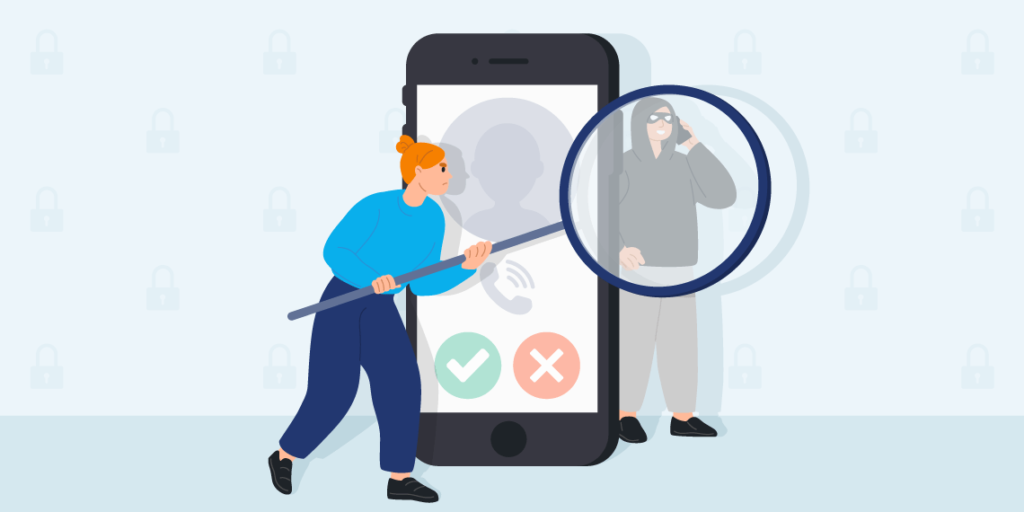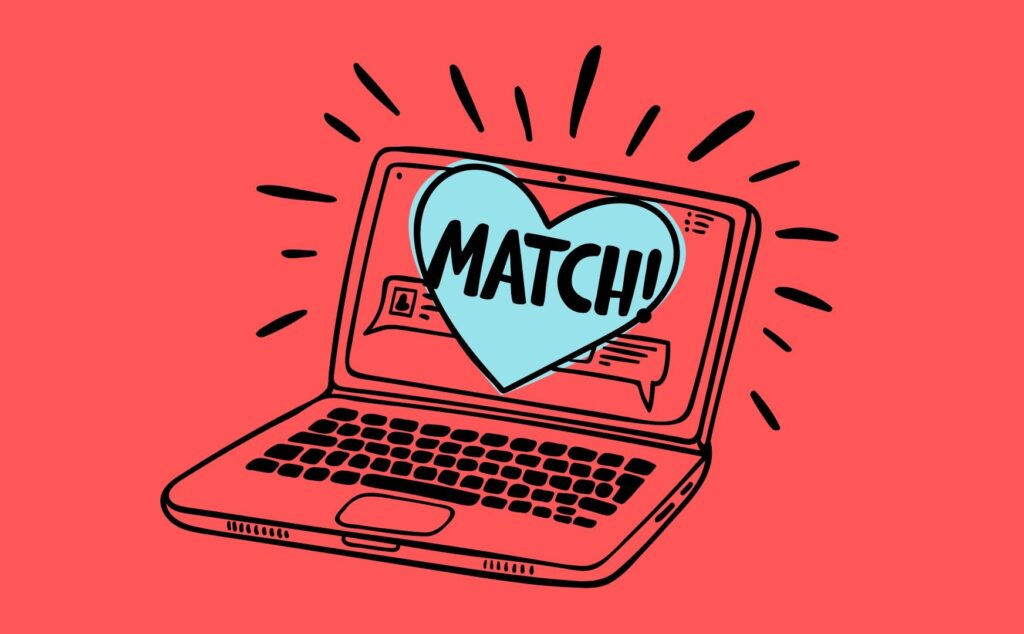
In the ever-evolving landscape of social interaction, technology, and dating apps have become pivotal in shaping modern dating. This blog post delves into the profound impact these digital platforms have on how people meet, connect, and form relationships.
We will explore various facets of this phenomenon, presenting a nuanced understanding of the role technology plays in contemporary romance.
Table of Contents
The Digital Revolution in Dating

Introduction
The advent of the internet and smartphones has revolutionized many aspects of our lives, and dating is no exception. The transition from traditional dating to digital platforms has brought about significant changes in how people find and interact with potential partners.
The Rise of Online Dating Platforms
Online dating platforms have transformed the landscape of romance and intimacy. Gone are the days when meeting a partner was confined to social gatherings, workplaces, or friend introductions. Today, a vast array of dating apps and websites cater to diverse preferences and demographics, making it easier for individuals to find potential matches. These platforms use sophisticated algorithms to suggest compatible partners, turning going out into a more efficient and targeted process.
Changing Social Norms and Behaviors
The proliferation has not only expanded the pool of potential partners but also altered social norms around dating. The ease of connecting with numerous people online has led to more casual practices and a shift in communication styles. Traditional courtship rituals are evolving, with digital communication often taking precedence over face-to-face interactions in the early stages of a relationship.
The Role of Algorithms in Matchmaking
Introduction
At the heart of many apps is an algorithm designed to match users based on compatibility. These algorithms are constantly evolving, leveraging data to refine their matchmaking capabilities.
Understanding Matchmaking Algorithms
Applications use a variety of data points to match users, including geographical location, personal preferences, and behavioral patterns. Some platforms also incorporate machine learning to learn from user interactions, improving the accuracy of matches over time. These algorithms are designed to predict compatibility and facilitate connections that might not have occurred in traditional settings.
The Pros and Cons of Algorithmic Matchmaking
While these algorithms can efficiently connect people with similar interests and values, they are not without their drawbacks. Critics argue that algorithm-based matchmaking can create echo chambers, limiting exposure to diverse perspectives. Additionally, the reliance on digital profiling can sometimes reduce the spontaneity and organic nature of forming relationships.
The Impact on Interpersonal Communication

Introduction
The way we communicate in romantic contexts has been profoundly influenced by technology. Digital platforms have introduced new modes of interaction that significantly affect the dynamics of modern relationships.
The Shift to Digital Communication
Texting, instant messaging, and video calls have become integral parts of modern dating. These tools offer convenience and immediacy but can also lead to misunderstandings due to the lack of non-verbal cues. Digital communication has changed the pace and progression of relationships, with some accelerating quickly while others struggle to move beyond the digital realm.
Balancing Digital and Face-to-Face Interactions
Navigating the balance between digital and face-to-face interactions is a key challenge in modern going out with another person. While technology facilitates initial connections, sustaining and deepening relationships often require in-person interaction. Finding the right balance is crucial for building meaningful and lasting relationships in the digital age.
The Broader Social Implications
Introduction
The influence of technology extends beyond individual relationships, impacting broader social dynamics and cultural norms.
Changing Relationship Dynamics
The ease of finding and interacting with potential partners online has led to more diverse and fluid relationship structures. The traditional timeline of relationships is being redefined, with phenomena like “ghosting” and “breadcrumbing” emerging as new challenges. These platforms have also made it easier for marginalized groups to find partners, contributing to more inclusive landscapes.
Societal and Cultural Implications
The widespread use has societal and cultural implications, including changing attitudes toward relationships and marriage. These platforms are influencing how people view intimacy, commitment, and personal identity in the context of relationships. As technology continues to evolve, its impact on social norms and cultural values related to dating and relationships will be an ongoing area of exploration.
Navigating Privacy and Security in Online Dating

Introduction
As dating apps become increasingly integrated into the fabric of modern romance, concerns about privacy and security have emerged as critical issues. Understanding and navigating these concerns is essential for users seeking meaningful connections while protecting their personal information.
The Importance of Data Privacy in Dating Apps
Dating apps collect a vast amount of personal information, from basic demographics to intimate preferences, including specialized services like escort Bretagne, which emphasizes discretion and privacy for its users. Ensuring the security of this data is paramount, as breaches can lead to serious privacy violations. Users must be aware of the data they share and understand the privacy policies of the platforms they use. The responsibility also lies with app developers to implement robust security measures and transparent data handling practices.
Challenges and Solutions in Maintaining Security
The challenge of maintaining security on platforms is multifaceted. It includes safeguarding user data from external breaches and protecting users from potential scams or malicious actors within the app. Implementing features like photo verification, in-app messaging (without revealing phone numbers), and regular security updates can enhance user safety. Additionally, educating users about safe online practices is crucial in fostering a secure digital environment.
The Future of Dating Technology
Introduction
As we look to the future, it’s clear that technology will continue to shape the evolution of dating. Emerging technologies like AI, virtual reality, and advanced data analytics are poised to further transform the dating landscape.
The Role of Artificial Intelligence and Machine Learning
Artificial Intelligence (AI) and Machine Learning (ML) are set to revolutionize apps by enhancing matchmaking algorithms and creating more personalized user experiences. AI can analyze user behavior, preferences, and feedback to make more accurate and compatible matches. It could also assist in identifying and mitigating issues like harassment or fake profiles, improving the overall safety and quality of the dating experience.
Conclusion

Technology and apps have undeniably transformed the landscape of modern dating. From the way we meet potential partners to how we communicate and form relationships, these digital platforms have introduced both opportunities and challenges. As we navigate this new era of digital romance, it’s important to be mindful of the balance between the convenience of technology and the richness of personal, face-to-face connections. The future of dating will likely continue to be shaped by technological advancements, making it an exciting and dynamic field to watch.







